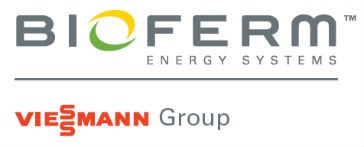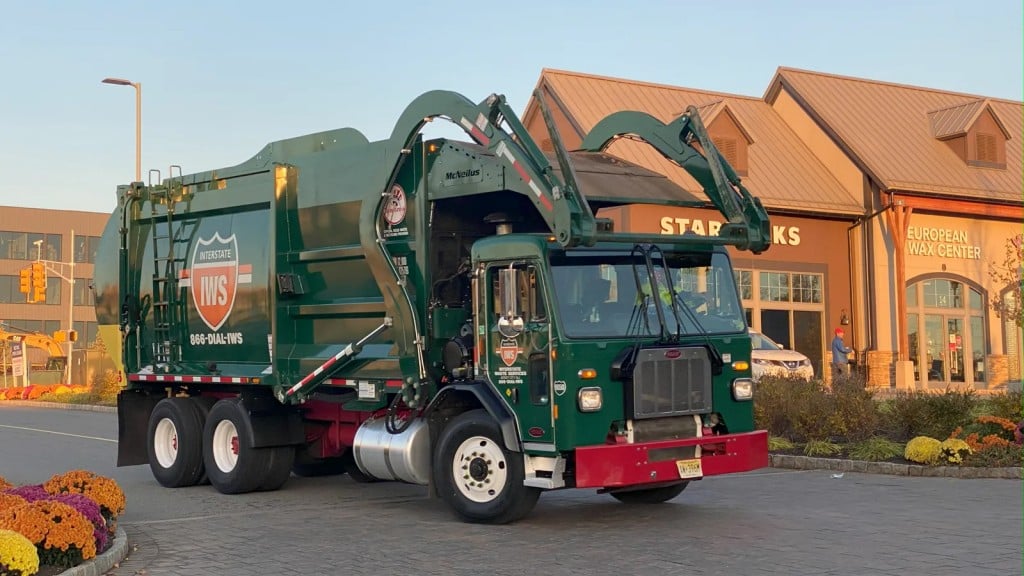North Elba, NY to Begin Municipal Anaerobic Digester Project for Food Waste Diversion with BIOFerm Energy Systems/Viessmann Group

The Town of North Elba, New York has selected BIOFerm Energy Systems/Viessmann Group as the anaerobic digester technology provider for a community organic diversion project expected to begin this year. The small-scale biodigester, designed for source-separated municipal food and organic wastes at a regional level, will be the very first of its kind in the United States, according to the champion of the project, Tammy Morgan, a science teacher at Lake Placid Middle-High School.
An estimated 900 tons of organic waste from nearby residences, restaurants and grocery stores are currently sent to area landfills in North Elba each year. Once the BIOFerm technology is installed, this same waste will instead be diverted to the town’s biodigester, slashing greenhouse gas emissions associated with the region’s organic waste and creating green energy.
The biogas produced inside the North Elba digester will be combusted by a combined-heat-and-power system (CHP)—in turn generating approximately 290,500 kilowatt-hours of renewable electrical energy per year. This is the energy equivalent of powering almost 30 homes every year from the town’s food scraps and leftovers.
“It is time to start recognizing organic wastes as a valuable commodity, and the town of North Elba is doing just that,” said Morgan.
Students at the Lake Placid Central School District started preparing for the project this fall when they began scraping their cafeteria leftovers into a separate bin. Local solid waste and recycling collector, Casella Waste Management, is supporting the project and will help BIOFerm learn more about the specific characteristics of the town’s food waste.
“Innovation around food waste is key to reducing our overall waste stream and building resource sustainability in our communities,” said Casella manager, Bill Meyers. “We’re excited to play a role in making this project a success.”
The biodigester project will reduce North Elba’s carbon footprint, dramatically cut its ‘tipping fee’ costs, and create sellable end products. In 2011, North Elba spent close to $230,000 in tipping fees—the cost associated with dumping waste in the landfill. Due to the absence of active landfills in the Adirondack Park and increasing costs of transportation fuels, it is clear to Morgan that the issue of diverting local food waste must be seen as a priority. Utilizing this waste as an energy resource with useful byproducts instead of spending money to fill landfills became the ultimate solution.
The project at North Elba is being made possible through a generous $1.06 million grant from the Regional Economic Development Council as part of NYSERDA’s—New York Energy Research and Development Authority—Cleaner Greener Communities program. The Town of North Elba worked collaboratively with Essex County and the Adirondack North Country Association (ANCA) to secure the grant which will entirely fund this project and aid NYSERDA’s mission statement of increasing New York’s use of renewable energy.
Plans are also in the works for future phases of the project to construct a composting facility and greenhouse alongside the biodigester to take full advantage of the nutrient-rich, post-digested material and the thermal energy produced by the CHP. The liquid fertilizer and compost created from these additions will contribute to the sustainable facets of this biodigester project.
The North Elba biodigester is also expected to produce green jobs within the expanding bioenergy field, generate income through the production and sale of its byproducts and create a model community that will help support North Elba as a hub for tourism, conventions, and visitors. Most importantly, however, the project will provide a sustainable solution to an increasing waste issue.
“BIOFerm is thrilled to participate in bringing North Elba’s visionary project to life and developing an optimized approach for waste management with the Town; the utilization of organic waste to create renewable electricity, compost products, and fertilizer liquid will be just a few of the benefits,” stated Christine McKiernan, BIOFerm’s Vice President of Technology and Development. “The North Elba energy-from-waste project is an exciting opportunity to demonstrate the successful integration of community, business, regulatory bodies and industry working collaboratively on turning food and organic wastes into valuable energy and sustainable products.”



